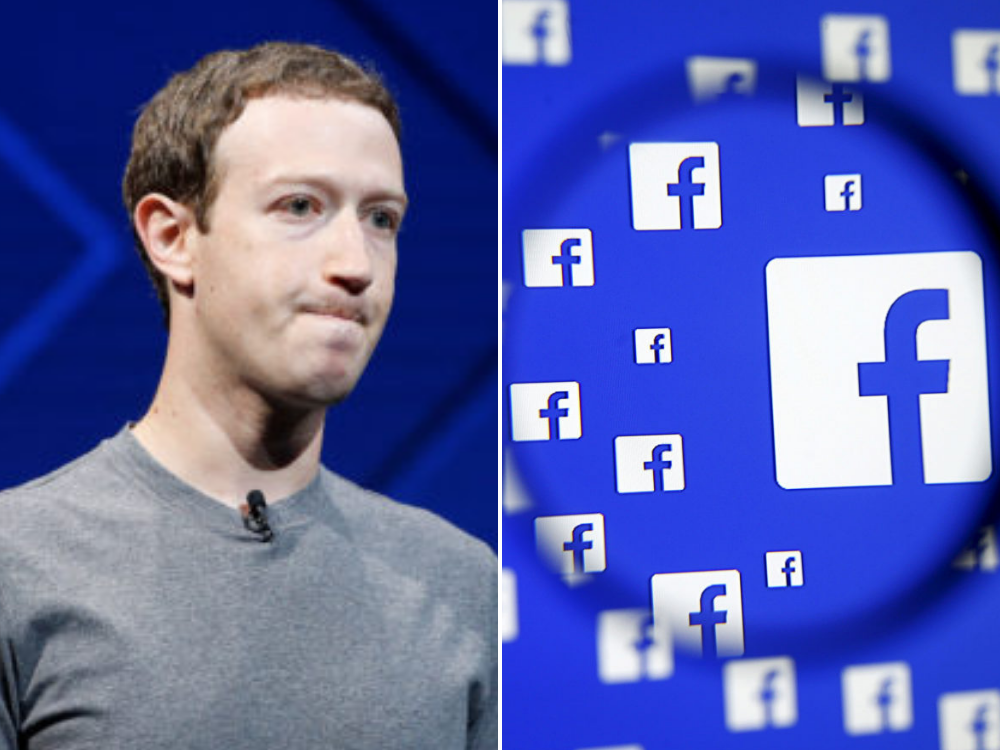
Facebook has taken down more than 3bn fake accounts after a steep increase in the number being created on the social network.
Between October 2018 and March 2019, Facebook disabled 3.3bn accounts.
It estimates that fake accounts represent about 5 per cent of its monthly active users globally.
The vast majority were detected automatically, using technology to identify and remove millions of fake accounts within minutes of their creation, the social network said.
Using AI to proactively catch bad actors has prevented some people from even seeing fake accounts, chief executive Mark Zuckerberg said, though he did not disclose the origin of the spammers behind them.
Facebook also took action on a record amount of hate speech, according to its third Community Standards Enforcement Report, targeting 3.3m between October and December, and 4m between January and March.
More than a quarter (1.1m) in the first three months of 2019 received appeals from people to reverse their decision, though only 130,000 were restored following these complaints.
In a bid to be more transparent about details of its operations, Facebook is revealing stats about appeals for the first time, as well as adding metrics for the removal of posts selling drugs and guns.
Results also show that Facebook is still largely reliant on people reporting incidents of bullying and harassment rather than detecting them automatically, with 86 per cent from January to March reported by users first.
“On bullying and harassment, we still have a lot of work to do,” Zuckerberg said.
The amount of content found containing child nudity and sexual exploitation has fallen since reporting started in July 2018 to 5.4m in the first three months of 2019, down from 6.8m in the previous quarter and 8.8m in the quarter before that.
However, Facebook said a bug had impacted its ability to store hashes of violating videos that were already removed, making it harder to detect other instances of the same video if it was shared.
It has since fixed the bug and is currently trying to remove any content it missed.
From next year, Facebook will start publishing its transparency reports quarterly and said its next report will also include data on Instagram for the first time.
Email pged@pressgazette.co.uk to point out mistakes, provide story tips or send in a letter for publication on our "Letters Page" blog






